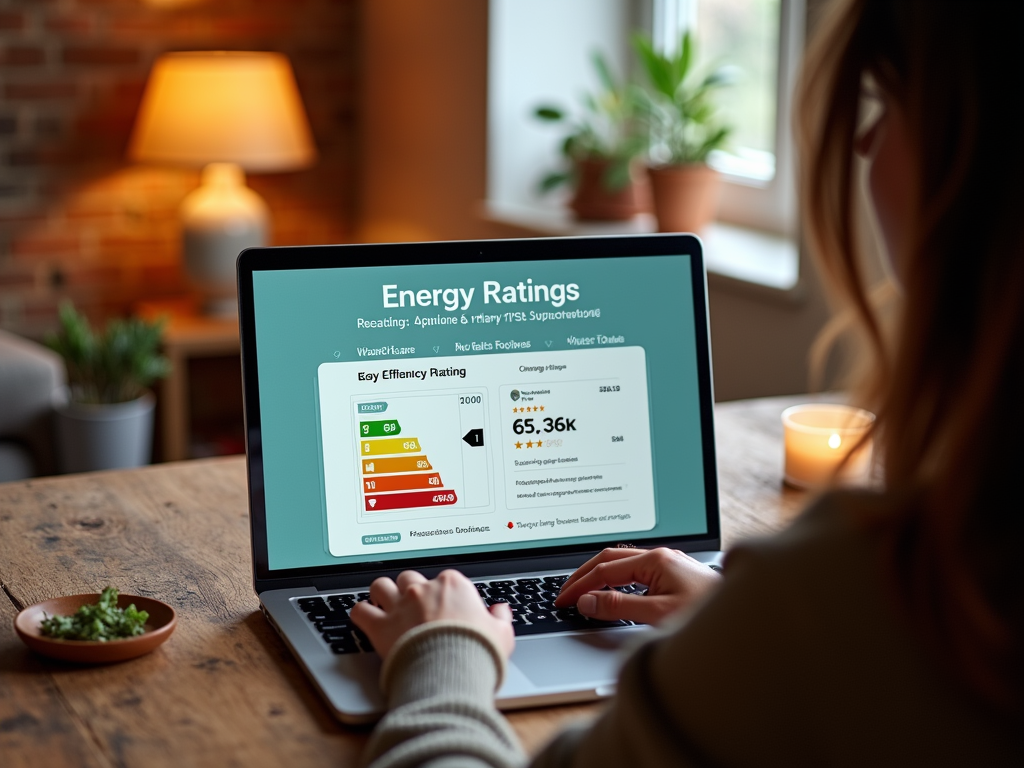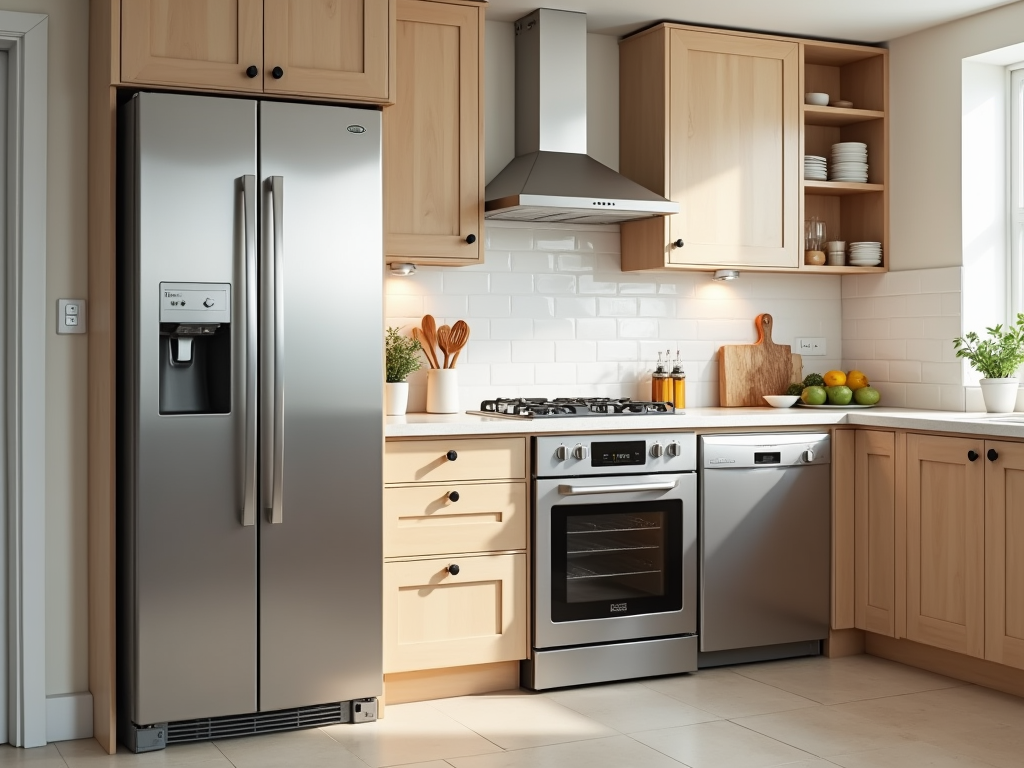When it comes to selecting home appliances, making the right choice can enhance your living experience and streamline your daily routines. With countless options available, it’s essential to consider factors such as functionality, energy efficiency, and design. This article aims to guide you through five practical tips to ensure you choose the perfect home appliance for your needs, ensuring a blend of performance and value.
1. Assess Your Needs and Lifestyle

Before diving into the sea of appliances available on the market, it is crucial to assess your specific needs and lifestyle. Understanding what you truly require will help you narrow down your options significantly. Consider the following factors:
- Family Size: Larger families may need appliances with greater capacity in order to handle larger loads.
- Kitchen Space: Measure the area where the appliance will be installed to ensure it fits well and allows for movement.
- Usage Frequency: Identify how often you will use the appliance to decide on durability and functionality requirements.
- Personal Preferences: Some may prefer appliances with smart technology, while others may prefer simplicity.
Once you clarify your requirements based on these aspects, your search will become much more focused and effective, leading to a satisfying purchase.
2. Energy Efficiency Matters

Choosing energy-efficient appliances not only contributes positively to the environment but also leads to significant savings on utility bills over time. Look for appliances with an Energy Star rating, which indicates that they meet energy efficiency guidelines set by the U.S. Environmental Protection Agency. Additionally, consider:
- Annual energy consumption estimates provided on the EnergyGuide label.
- The features that help in reducing energy use, such as variable fan speeds in refrigerators.
- Long-term energy savings versus the initial investment, ensuring that the higher upfront cost for an energy-efficient model is justified.
Investing in energy-efficient appliances is a wise decision that pays off in both economic and environmental terms.
In today’s digital age, customer reviews and ratings are instrumental in aiding your purchase decision. Websites like Consumer Reports, Amazon, and even social media platforms can provide insights into product performance from actual users. When reading reviews, pay attention to:
- Product Reliability: Check how often consumers face issues with the appliance.
- Customer Service Experiences: Evaluate feedback regarding the manufacturer’s support in case of malfunctions or repairs.
- Overall Satisfaction: Look for common recurring themes in user experiences.
Thorough research through reviews will equip you with a realistic expectation and diminish the chances of buyer’s remorse.
4. Evaluate the Design and Features
When it comes to home aesthetics, the design of an appliance plays a pivotal role. Ensure that the appliance you choose not only fits your decor style but also provides the features you need. Some essential design considerations include:
- Color and Finish: Choose a color scheme that complements your existing appliances and decor.
- Size and Configuration: Determine if you prefer built-in, countertop, or freestanding models.
- Smart Features: Consider appliances that offer connectivity with smart home systems, making them easier to control.
By diving into the design aspects and the features, you’re sure to find an appliance that resonates with your personal style while fulfilling your functional requirements.
5. Budget Considerations
Last but not least, budgeting is crucial when selecting home appliances. While it might be tempting to stretch your budget for a specific brand, it is essential to identify a price range that suits your financial situation. Here are some budgeting tips:
- Set a Price Limit: Establish a clear budget that outlines how much you can afford to spend.
- Account for Operational Costs: Consider long-term costs such as energy use, maintenance, and repairs as part of your budget.
- Look for Discounts: Take advantage of seasonal sales, manufacturer rebates, and other purchase incentives.
- Consider Financing Options: Explore any financing plans that retailers may offer, which can ease the burden of a big purchase.
Being financially prudent will ensure that your appliance purchase is a responsible investment and aligns with your overall financial goals.
Conclusion
Choosing the perfect home appliance is a multifaceted process that requires thoughtful consideration of your needs, energy efficiency, reviews, design elements, and budget. By following these five tips, you can make informed decisions that not only enhance your home but also align with your lifestyle and financial health. Remember, a well-chosen appliance can make a world of difference in your daily routines, so take the time to evaluate all aspects before making a purchase.
Frequently Asked Questions
1. How do I determine the right size appliance for my space?
Measure the designated area where the appliance will go and compare those measurements with the appliance dimensions listed by the manufacturer. Make sure to allow some clearance for ventilation and ease of access.
2. What should I prioritize: upfront cost or energy efficiency?
While upfront costs are important, energy-efficient appliances usually save you more money in the long run on utility bills. It’s often beneficial to weigh both aspects when making your decision.
3. Are smart appliances worth the investment?
Smart appliances offer convenience and energy-saving features that can be worthwhile, especially for tech-savvy users or those looking to enhance their home automation. However, assess whether these features will be beneficial to your daily lifestyle.
4. How can I find reliable customer reviews?
Check reputable consumer review websites, product listing pages, and forums where real users discuss their experiences. Look for consistency in positive feedback or recurring complaints.
5. What financing options are typically available for home appliances?
Many retailers offer financing plans that can include monthly payment options or promotional no-interest periods. Always read the terms and conditions to ensure you understand any associated fees.



